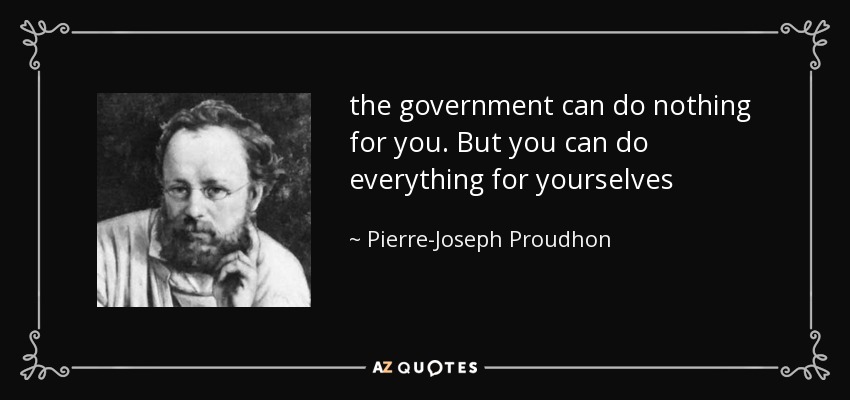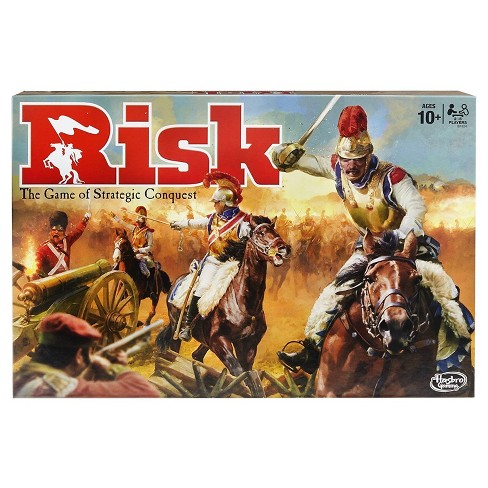 |
| Compiled pictures of Justin Doering's Van taken throughout his trip across the country interviewing homeless. (Visit his website fiftysandwiches.com) |
The world was watching as each state's polls were closing. Could Trump actually pull it off? One by one the votes were counted and then it was over, official, Donald Trump was the President of the United States. Many of us remember where we were that night. For some it was shocking, some exciting, and some debated their exit to Canada. But for others it was just another cold night on the street.
Justin Doering was driving slowly down the street that night as rain poured down in Cleveland Ohio. The van hadn’t exactly been the best or most reliable vehicle as it trudged along this cross country trip, but one can’t expect too much from a $1200 vehicle. One of its most problematic features was that it would have been easier to measure its gas consumption in feet per gallon rather than miles. But despite its downsides, it was his only mode of transportation, and more importantly, his home for the last few months.
How quickly things change. He pressed the brake to stop; he couldn’t have been going over 10 miles per hour, but a thin layer of water prevented it and the van gracefully slid and smashed into another van. A woman ran out of her vehicle yelling, looked at her car, and layed down on the ground, continuing to yell. Justin, with all his belongings in the van thrown askew, ran out with his sleeping bag and pillow, made the women as comfortable as possible and called the police. Then he looked back at his smashed van and wondered how he was possibly going to make the 2,000 miles back home. He also faced the question the people he interviewed faced everyday, where am I going to sleep?
“You have a van listed for $1400,” he said as he spoke to the man he had found online. “Well, I’m from Coeur D'alene, Idaho, and I'm in the middle of a project. I am traveling across America interviewing the homeless. The van I purchased for $1,200 to accomplish this got totaled last night. I could really use your van, but I can only pay you $700.” It was bold to only offer half the asking price, but desperation can bring out all sorts of things we didn’t know we had in us, and Justin’s financial situation was becoming increasingly desperate.
The plan had been simple: travel across America and trade sandwiches for interviews with the homeless. The plan was to highlight at least 50 of these interviews. He had harbored the idea in his mind since he was an early teen and even picked the name of the project back then: Fifty Sandwiches. All through high school he spent time volunteering at a local shelter and getting to know individuals, completing his senior project on how the media’s portrayal of homlessness affects our view.
Justin attended college at Boise State, he worked hard and when it was clear that he was going to finish a year ahead of schedule he decided it was time to change the idea into reality. But, it wasn’t going to be cheap. He needed transportation, food, recording equipment, and a decent camera. One way to accomplish this was through kickstarter. The goal was to raise $10,000. The way kickstarter works is you have to raise your entire goal in your time limit or you get bupkis. He planned and prepared for 6 months for the kickstarter launch. The first few days were great and he had raised several thousand dollars. “I’ve got this in the bag,” he thought.
But as time went on the funding slowed. He was working a job as a sandwich delivery boy and then biking to campus for free wifi and staying until 11 at night trying to fundraise. For a while, it looked like it wasn’t going to come through, but a few days before the close he did it, he hit $10,000. He was going to do this.
After $1200 for a van and the cost of a decent camera to document the journey, it was clear that $10,000 was going to be tight to fund all his upfront expenses and 3 months on the road. He sold a computer and other electronics to try to get a few more dollars and then he was off. From Portland, OR down to San Diego, CA then to Tallahassee, FL to Boston, MA and back to the Pacific Northwest. He lived in his van, and while he would never compare what he went through to the lives of those he interviewed, he did experience some of the challenges of living on the streets. “For a time it felt as if Rangers and Police were my alarm clocks, regularly waking me up to see what I was doing. “But they were mostly supportive after I told them what I was up to.”
In Florida while interviewing Eva, a homeless woman struggling with mental illness, a scuffle broke out at the table next to them. It was a dispute over money related to a cocaine sale. One man pulled out a knife and lunged at the other's neck. Two other men grabbed the man and struggled to get the knife away as he held it inches from delivering a deadly slice. Just then a police officer pulled into the park and the fight quickly dispersed. Justin was shaken and fearful for his own safety, but to his amazement Eva didn’t flinch or think much of it. It was part of the life she lived.
From one interview to the next, he began to gain insight into the lives we rarely notice. And here he was on the phone hoping a kind stranger would take $700 for a $1400 van so he could finish his journey and get home. “The man was the kindest man I ever met,” Justin recalls. "He said he would take the $700." There was one problem. The man with the van was in Detroit, MI. And Justin was still in Cleveland, OH, with a van that was barely functional. It actually could run, but there was a shard of metal frame that jabbed into the tire if you made the slightest right turn. “I traveled from Cleveland, OH to Detroit, MI without a single right turn. I couldn’t even use the highway because taking an exit would be impossible. Just side roads and 3 lefts everytime I needed a right. There is no setting on Google maps for that.”
Once home, he worked to complete a book that would highlight his interviews. The effort was impressive, he had taught himself photography, graphic design, and ultimately publishing. The book is beautiful and inspiring. It shows, with realism and clarity the breadth of the problem of homelessness. He interviews the old, the young, the single mom, the grieving father, the mentally ill, the addicted, those who choose to be homeless and those who have overcome some of life's most difficult struggles. Throughout the interviews he includes well researched information about the current state of homelessness in our nation. He paints a vivid picture of what these lives are like, not shying away from any of it’s dark realities. He quotes, “It is not that the stereotypes are untrue, but that they are incomplete, they make one story the only story.”
Fifty Sandwiches work continues. The goal of the organization he started is simple, to close the gap between the perception of homelessness and reality. He does this one interview at a time, one book sold at a time. Justin today works a full time job and then spends his evening selling building the organization he hopes one day will be his life’s work.
I would encouraging everyone who reads this to buy the book. At about $20 bucks for a hardback filled with amazing photos and interviews, it is a great deal. The money goes to a great cause, to help Justing continue the work at fifty sandwiches. And on top of that it is an amazing book. You will enjoy every page and you will find that it enlightens your mind and softens your heart and anything that can do that is worth pursuing.
Two ways to buy the book Justin’s website, this is how I recommend you buy it. It’s a little cheaper and he will sign it for you.
Or if you prefer here is the Amazon website.
If you liked this article please consider subscribing to my blog by entering your email below.
/cdn.vox-cdn.com/uploads/chorus_image/image/49664655/shutterstock_238649488.0.jpg)


